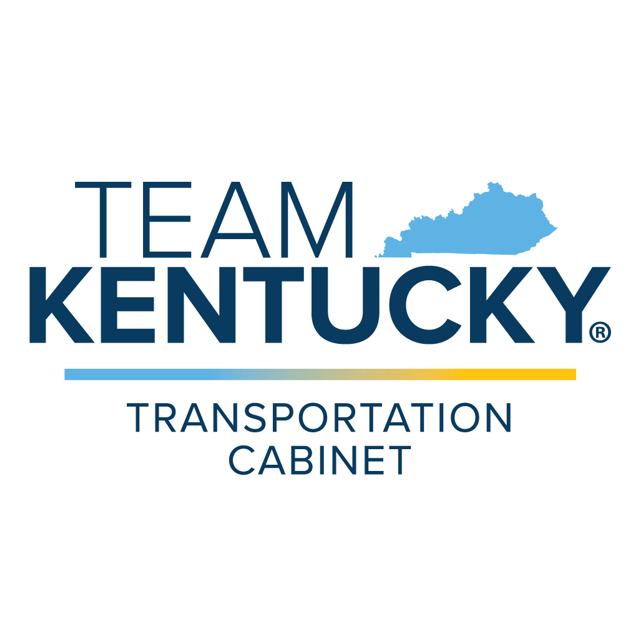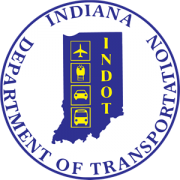Work is expected to begin by next summer
Another key milestone has been met for the I-69 Ohio River Crossing (I-69 ORX). The Indiana Department of Transportation (INDOT) awarded the contract for I-69 ORX Section Three to ORX Constructors, a joint venture that includes Walsh Construction and Traylor Bros, Inc.
“Awarding this contract is yet another important step toward generational progress as we work to improve Indiana’s infrastructure for all Hoosiers and visitors,” said Gov. Holcomb. “We’ll be starting construction next year in Evansville, and that work will be a visible reminder of what’s to come. An I-69 Ohio River Crossing will further connect Indiana and Kentucky and create regional economic opportunities for decades to come.”
The nearly $202 million dollar contract includes approach roadways and bridges in Indiana that will provide all-weather construction access to the Ohio River for the future I-69 Section Two project, the river crossing.
“It’s an exciting time for transportation in Indiana,” said INDOT Commissioner Mike Smith. “We’re eager for construction to get underway as we work toward the completion of this crucial connection to Kentucky and points beyond, officially finishing I-69 throughout the state.”
I-69 ORX is divided into three sections for construction. Section One focuses on improvements in Henderson, Ky. and extends from KY 425 to US 60 and is led by the Kentucky Transportation Cabinet (KYTC). Construction began in 2022 and is expected to be complete in 2025.
Section Two is a bistate project between Kentucky and Indiana that will complete the I-69 connection from US 60 in Henderson to existing I-69 in Evansville. It includes the new four-lane river crossing. Design work is expected to begin in 2025 with construction anticipated to begin in 2027 and continue through 2031. Both states are looking for opportunities to accelerate the timeline.
Section Three is led by INDOT. Construction of the Indiana approach is expected to begin by summer 2024 and wrap up in 2026. I-69 ORX Section 3 is funded through a $200 million investment announced by Gov. Holcomb in 2021.

